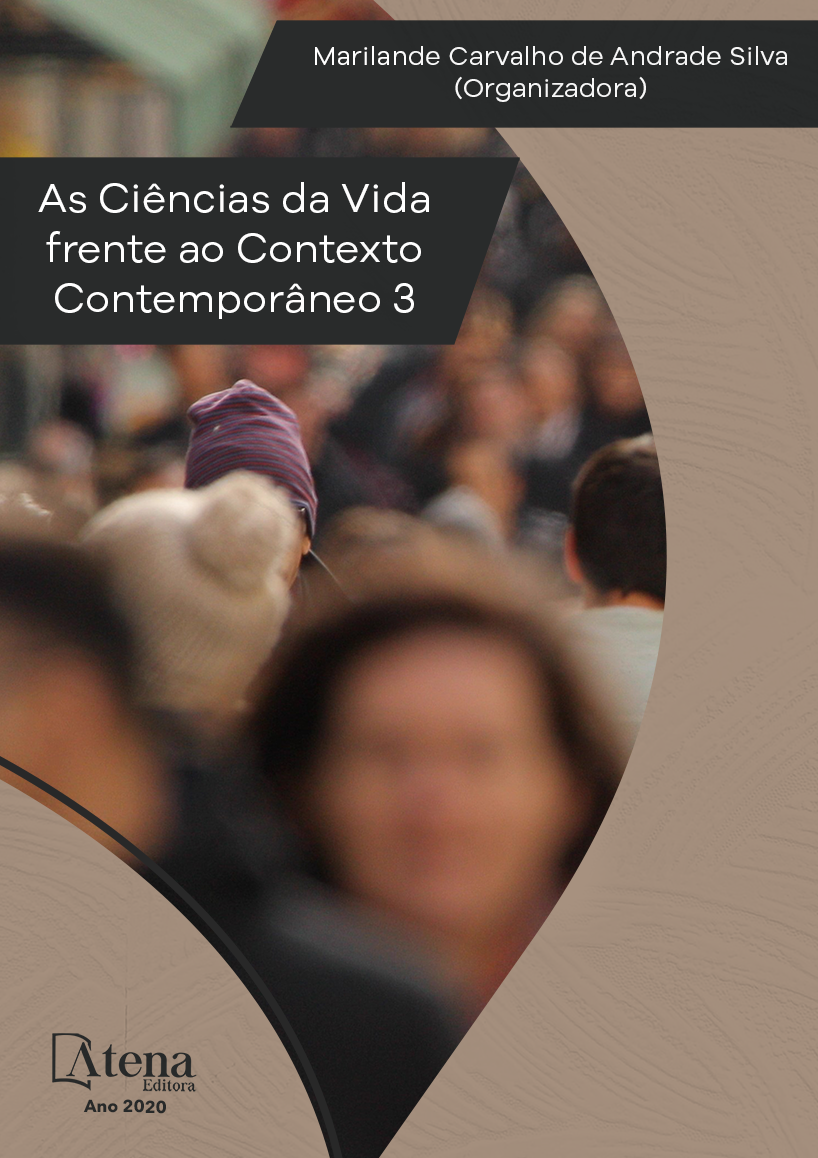
Um grupo focal para a análise psicanalítica das representações sociais do politicamente correto
O objetivo central dessa pesquisa foi a investigação do fenômeno politicamente correto, buscando suas origens e suas representações sociais. A expressão politicamente correto refere-se a uma política que pretende tornar a linguagem neutra em termos de discriminação e evitar atitudes que possam ser ofensivas e moralmente condenáveis pelo social. Seu exercício aparece em prol da inclusão das minorias, objetivando eliminar desigualdades sociais e preconceitos, defendendo os direitos humanos. Mas pode surgir em uma outra vertente, a de censura, ao indicar o uso de palavras corretas. Para a coleta dos dados da pesquisa foram utilizadas as Representações Sociais, e a Psicanálise como crivo analítico dos resultados, sendo a linguagem o fio condutor desse entrelaçamento conceitual. De natureza qualitativa, este estudo iniciou-se com uma pesquisa bibliográfica, utilizou como procedimentos metodológicos: o teste de associação livre de palavras (TALP) e um grupo focal. Grupo de discussão informal, de tamanho reduzido, que objetiva oportunizar a obtenção de profundas informações, ao revelar as percepções dos participantes sobre os tópicos em discussão através da análise dos discursos feita pela própria prática discursiva. As evocações coletadas no TALP foram processadas pelo software IRaMuTeQ, sendo preconceito a palavra mais associada. No grupo focal, evidenciou-se duas posições do politicamente correto, uma na defesa dos direitos humanos aliada a luta contra preconceitos e a outra em seu efeito de censura. Categorias como linguagem, poder e culpa representadas nos discursos, indicam a aceitação e utilização da linguagem politicamente correta como uma regulação das relações sociais.
Um grupo focal para a análise psicanalítica das representações sociais do politicamente correto
-
Palavras-chave: Politicamente correto. Representação Social. Linguagem. Psicanálise. Grupo Focal.
-
Keywords: Politically correct. Social Representation. Language.
-
Abstract:
The main objective of this research was the investigation of the politically correct phenomenon, searching its origins and its social representations. The term politically correct refers to a policy that seeks to make language neutral in terms of discrimination and to avoid attitudes that may be offensive and morally reprehensible by the social. Its exercise appears in favor of the inclusion of minorities, aiming to eliminate social inequalities and prejudice, defending human rights. But it can come in another direction, that of censorship, by indicating the use of right words. To collect the research data were used the Social Representations, and Psychoanalysis as analytical sieve of the results, being the language the conducting thread of this conceptual intertwining. Qualitative in nature, this study began with a literature search, used as methodological procedures: the free word association test (TALP) and a focus group. Informal discussion group, small in size, which aims to provide the opportunity to obtain deep information by revealing the participants' perceptions about the topics under discussion through discourse analysis made by the discursive practice itself. The evocations collected in the TALP were processed by the IRaMuTeQ software, prejudice being the most associated word. In the focus group, two positions of political correctness were evidenced, one in the defense of human rights allied to the fight against prejudice and the other in its censorship effect. Categories such as language, power and guilt represented in the speeches indicate the acceptance and use of politically correct language as a regulation of social relations
-
Número de páginas: 11
- Tereza Glaucia Rocha Matos
- Juçara Mapurunga


